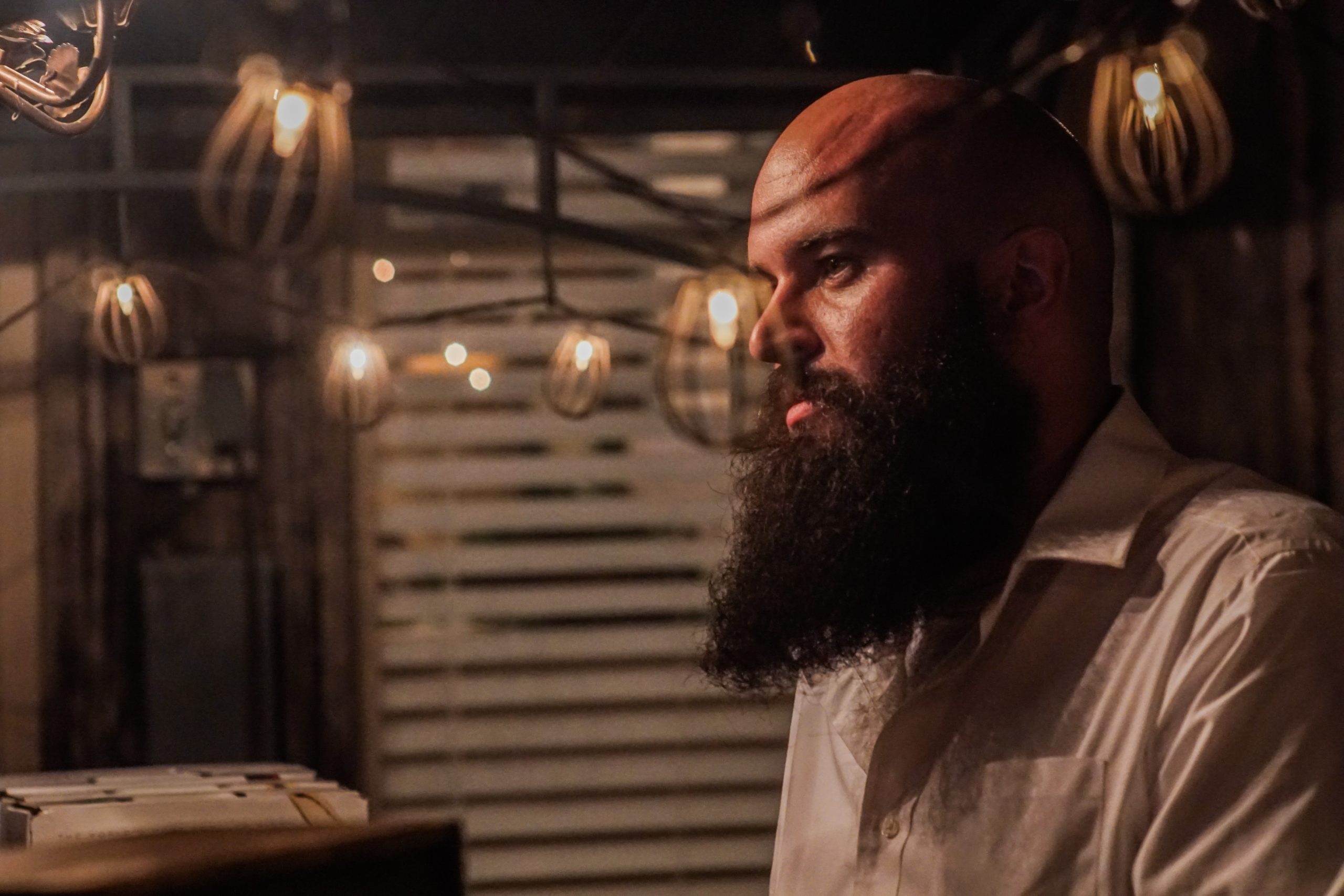Often just outside of our conscious awareness we engage in an ongoing dialogue with our inner self. It’s easy not to pay attention to. But what we tell ourselves here has great power in directing the rest of our life.
We might consciously think about a project we’re working on or a recent interaction with a friend. And we could probably replay certain conversations with others with great accuracy.
What we often miss is the conversation we have with ourselves. A private narrative is operating behind the scenes and shapes the tone of our life and relationships.
And it even filters how we feel about ourselves.
Many of us have a pretty loud inner critic that is harsh and condemning. It tells us how much we’ve screwed up, are still messing things up, and how we probably won’t amount to much in the future.
And this voice has been with us so long that we rarely stop to question the accuracy of the message.
We’ve come to believe that we are worthless and have nothing meaningful to offer. We beat ourselves up and are often much harder on ourselves than anyone else would ever be.
But our private narratives must regularly be tested against truth.
How has God spoken to us? And what is his opinion of us?
There is no condemnation for those who belong to Christ. So if the message we’re telling ourselves is one of condemnation we can confidently know it’s not of God.
And as we would reject the lies others speak to us we must also reject the lies we speak to ourselves.
We’re able to befriend ourselves and love well when our inner dialogue is in agreement with God’s truth about us.
Pay attention to what you tell yourself and filter it through God’s truth.
Photo by Andre Hunter on Unsplash


5 Comments